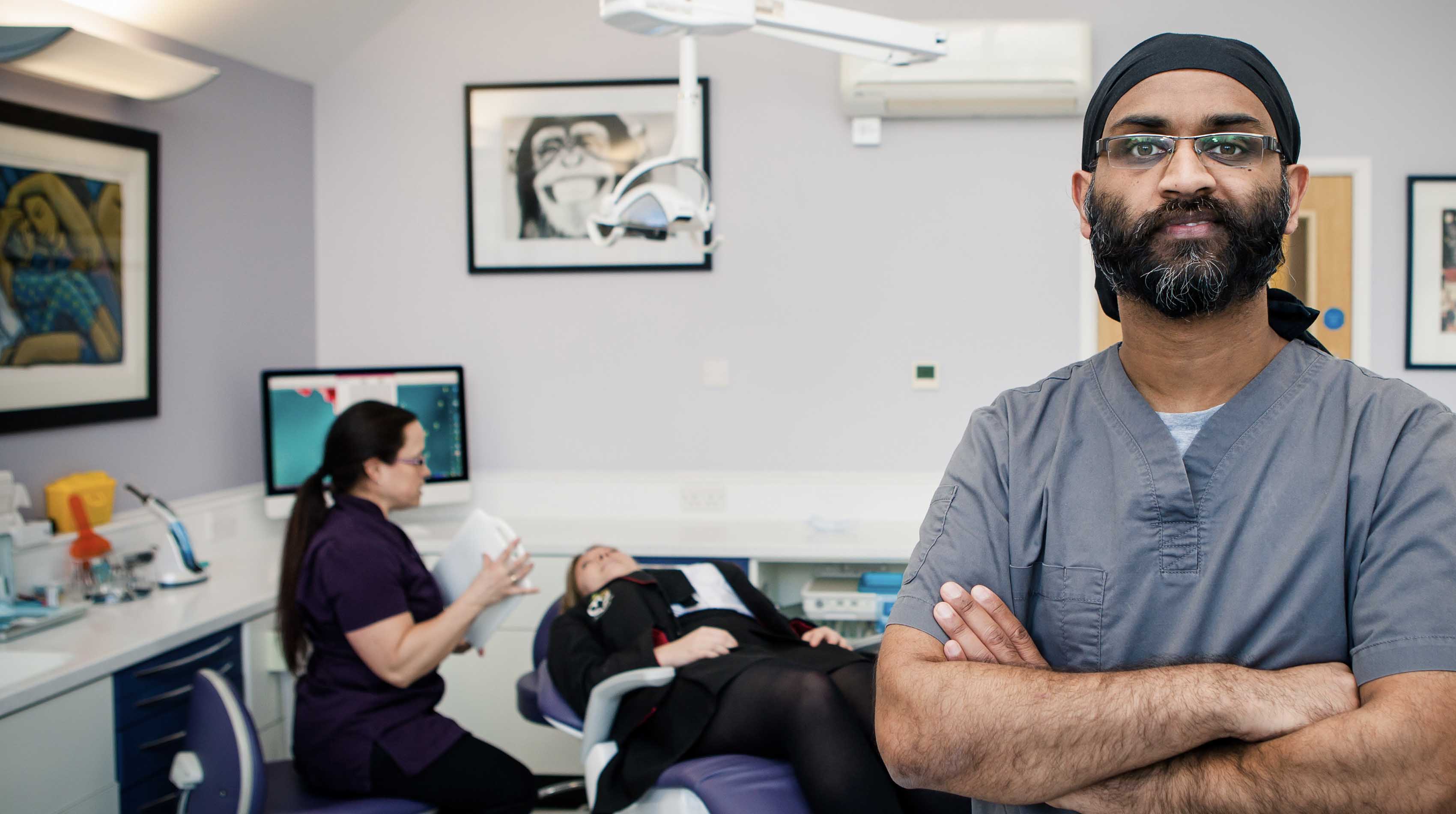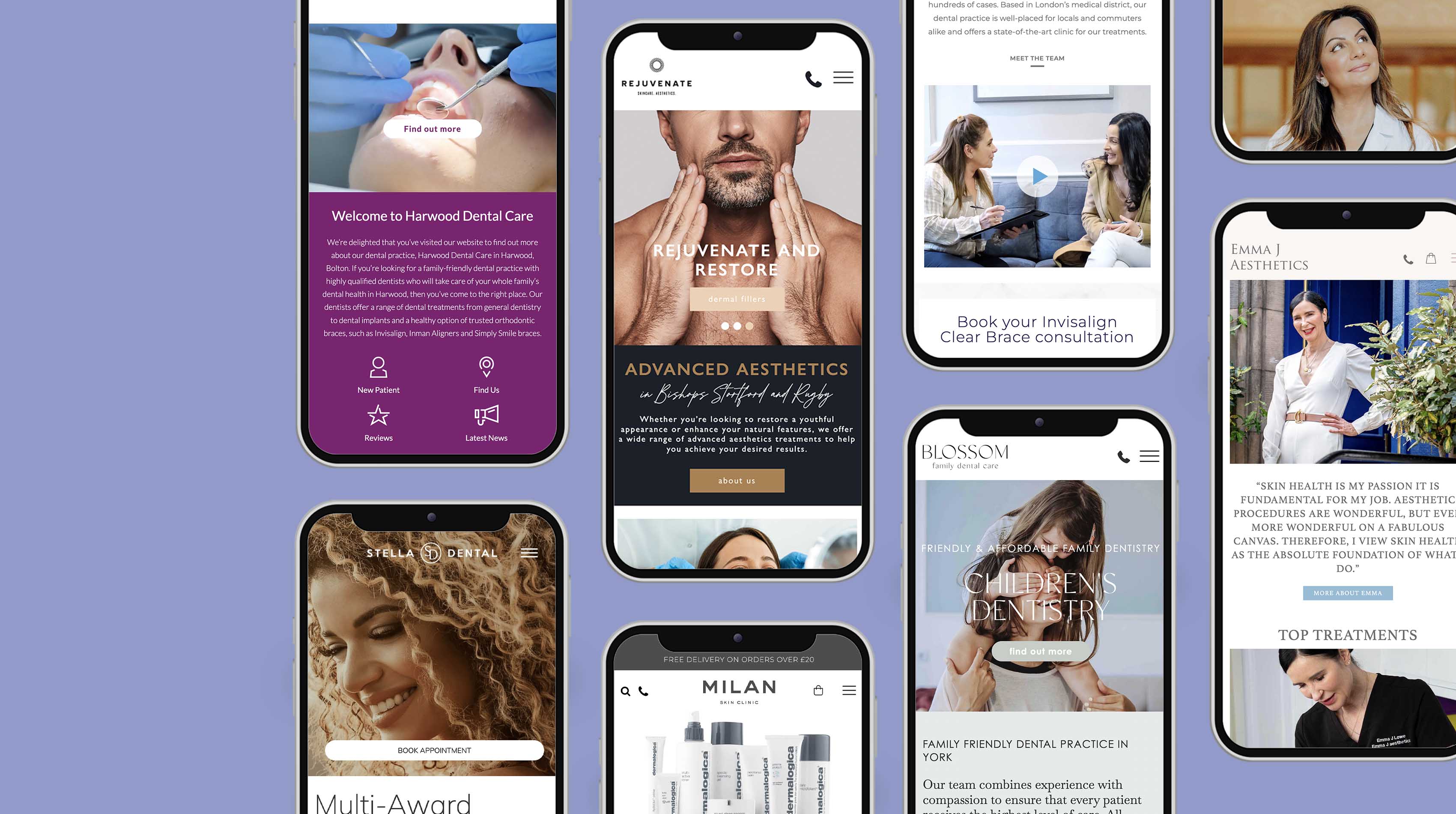Pay Per Click (PPC) advertising refers to paid-for ads that generate clickthroughs to your website without relying on ranking high in the search engines’ organic listings. The most popular form of PPC advertising is Google AdWords, i.e. the paid-for ads that appear on Google’s search engine results pages (SERPs).
You can spot PPC ads because they appear above and below organic listings on SERPs and currently feature a small green ‘Ad’ symbol at the beginning of the listing.
How does PPC advertising work?
In case you’re new to PPC advertising, we’ll take a brief look at how Google Ads work. Essentially, every time someone clicks on your ad and goes through to your website, you pay a small fee to the search engine.
The amount you pay per click will vary based on factors such as how competitive your chosen keyword is. As in an auction, you state how much you are prepared to pay as a maximum per click, although you may pay less if no-one outbids you.
With PPC advertising, as the name suggests, you only pay for clicks, not the number of times your ad is seen in SERPs (aka ‘impressions’).
How does Google decide what ads to show?
Creating a Google AdWords campaign doesn’t guarantee that you’ll appear on page one of a search every time someone looks for your chosen ad keyword(s). Google has to decide which ads to show and does this using algorithms that take into account factors such as:
- How much you’re prepared to pay per click
- The quality and relevance of the keywords to the search
- The quality and relevance of the ad overall
- Your ad’s clickthrough rate
- The quality of the landing page
Google also gives each ad an ‘Ad Rank’, which is a score based on the maximum amount you’re prepared to pay per click combined with the Quality Score for your ad. Your Ad Rank will determine where on a page your ad appears, so higher Ad Ranks appear at the top of the page.
This approach of combining bid score with Quality Score means that, if you are able to produce a high quality, relevant ad with a great landing page, you may fare better in the AdWords listings than a low quality ad from a company with a higher advertising budget.
The benefits of PPC advertising
As with every form of advertising, PPC has pros and cons. Figures would suggest that searchers click on PPC ads more than any other type of digital advertising. The more relevant and targeted you can make your ad, the higher your clickthrough rates should be and, ultimately, the higher the number of clicks that convert to patients.
PPC advertising is also great for campaigns where you need to get your message seen quickly and don’t have time for the long-term approach required for good organic rankings. It lets you get specific about who you want to target and gives potential patients a relevant link that matches their query.
How to get the best results
PPC advertising can seem daunting at first. Many of our clients love being able to hand over the management of their PPC campaigns to Cosmetic Digital because we are a Google Certified Partner with years’ of AdWords experience. This means we know how to identify the best keywords, write great copy and maximise our clients’ budgets.
It’s still important for you to understand and feel confident about your PPC strategy whether you’re handling it yourself or working with us. We’ve put together some of our best tips:
1. Mirror your patients’ end goal
Before you begin your keyword research, you should identify your patients’ end goal. For example, if you want to run an ad campaign that increases bookings for ‘lip enhancement’ treatments using dermal fillers, it’s safe to say that searchers will want fuller and plumper lips.
Many advertisers ask a question in their PPC ad; although this approach can work well in blogs and with on-page copy, for an ad it’s probably better to cut straight to the patient’s end goal by running an ad that says ‘Full & plump looking lips’ in the ad title. In other words, show searchers at a glance that you can give them what they’re looking for.
2. Use keyword variations
Although semantic searches have arguably made keywords less important to organic rankings, keywords are still integral to the success of your PPC advertising. The aim is to find the keyword or phrase that you feel will generate the most clicks through to your website, and lead to the most new patients.
The Google Keyword Planner will help you find potential keywords for your campaign –add your type of product or service, web address and/or industry, for example, and you’ll be given a list of suggestions with data about their competition and search volumes.
In addition to a main keyword or phrase for your ad, we always recommend targeting keyword variations too, something that can be done using one of the four following match types:
- Exact match – This is when your chosen keyword/phrase is identical to that used in a search, with the words appearing in the same order. Your ad will only appear in response to exact match searches.
- Broad match – This gives you the opportunity to find words similar to your keyword, as well as singular and plural versions of your keywords, synonyms, misspellings and related searches.
- Broad match modifier – Google will match your key phrase to a search if all the words in the search term are in the search query, even if they’re in the wrong order.
- Phrase match – This is when people search for a long-tail phrase with the words in the search in the right order.
3. Identify your negative keywords
Negative keywords are basically the search terms that may sound like they’re related to the keywords in your ad but actually aren’t. It’s important to identify negative keywords because they stop you spending money on broad match search terms that aren’t relevant to your business. When you identify a negative keyword, it will stop your ad showing for that term.
For example, you might want to run an ad for skin peels, but searches about skin peels might also be interpreted as a search about peeling skin, which isn’t what you’re advertising. Negative keywords, therefore, might include words like ‘rash’, ‘itching’, ‘burn’ or ‘allergic reaction’. This should help to ensure that your ad doesn’t appear to someone who has peeling skin because of an allergic reaction.
4. Audit your landing pages
As we’ve discussed above, one of the factors that Google looks at when assigning your ads an Ad Rank is the quality of the landing page that people will click through to from an ad. Many businesses make the mistake of running AdWord campaigns that link through to a generic page of their website, such as the Home page. Instead, your landing page should have a single focus that matches the focus of your ad.
we would recommend reviewing your landing pages with the following questions in mind:
- Does the landing page reflect the treatment the ad was about?
- Will people arrive on the page and see what they expect?
- Do you use the same language on your landing page as you do in your ad?
- Is it easy to see what the landing page is about at a glance?
- Is there a clear call to action that mirrors what was promised in the ad?
- Is the page free from distractions, such as unnecessary menus or information about other treatments?
Although your landing page won’t influence the clickthrough rates of an ad, it will strongly influence the conversion rate, i.e. how many people complete the call to action.
5. Plan ahead
You can capitalise on the impact of your PPC advertising by planning your campaigns several months in advance. Look at the peaks and troughs in the year, what treatments are popular during different seasons, big events in the calendar, and create campaigns that tap into these opportunities.
For example, people might start searching for summer holiday ideas as the autumn and winter months draw in. This might be a great time to advertise laser hair removal to remind people that they need to start planning for hair-free summer-ready legs now.
6. Consider bidding for brand terms
If you have a tight budget, there are strategies that can help to make the most of it. One strategy is to bid for ‘brand terms’, i.e. keywords that reflect your brand and business name, so that your ad almost looks like another organic listing for your clinic. Although this isn’t always a good approach, it can have benefits in the right circumstances:
- Make people think your company is so good, Google has listed it twice on page one
- Increase your Quality Score
- Protect your position on page one of Google, keeping competitors at bay and being the first listing seen on SERPs
- Increasing the CTR to your website, which is a positive sign to Google
- Pushing a ‘bad news’ story about your practice (although hopefully there isn’t one) below the fold to the bottom half of the page
7. Schedule your ads around your audience’s daily routine
This approach won’t work for every business, but if you know that your target patients tend to be online at the same time every day, you could consider scheduling your ads to appear at these times, and then reduce your PPC bid for other times of the day to protect your budget.
8. Focus on your local area
Another way to maximise your budget, especially if you want to attract patients who live nearby, is to target your ads to a geographic location. If, for example, you’re based in Scotland, it’s unlikely that people from the south of England, Wales or the Midlands will travel for appointments, so you may want to create ads that focus on people within a 20-mile radius.
9. Try call-only campaigns
An increasingly effective strategy is to run call-only PPC campaigns. These are ads that feature your contact phone number and a call button that enables searches to call you straight from the ad without even entering your website.
Although this may not boost your web traffic, it should boost your enquiries over the phone. Call-only ads are especially appreciated by mobile users who now significantly outweigh desktop users.









